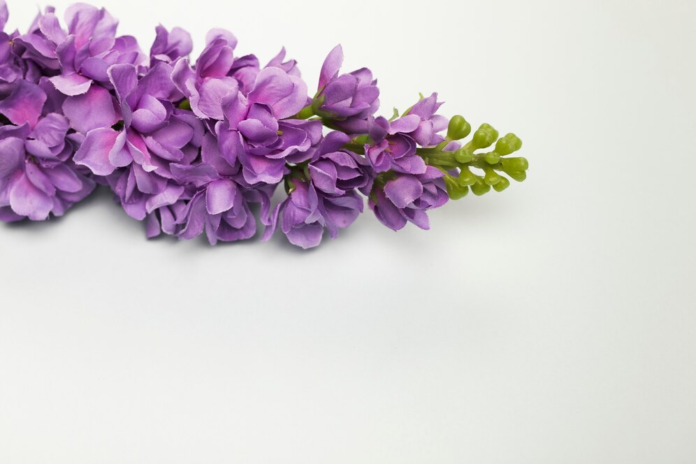Introduction
Lavender, with its fragrant blooms and versatile uses, is a beloved addition to gardens across the UK. Planting this aromatic herb requires careful consideration of timing to ensure its successful establishment. In this guide, we’ll explore the best time to plant lavender in the UK and offer insights into the steps for cultivating a thriving lavender garden.

Timing Is Everything: When to Plant Lavender in the UK
1. Spring and Early Summer Planting
The optimal time to plant lavender in the UK is during the spring, from late March to early June. Planting in the spring allows lavender to establish its roots before the arrival of winter, ensuring a robust and healthy plant. Early summer, up to mid-June, is also suitable for planting, providing enough time for the roots to develop before the colder months.
2. Avoiding Winter Planting
While lavender is a hardy plant, it’s advisable to avoid planting during the winter months when the soil is colder and less conducive to root establishment. Planting in winter increases the risk of root rot due to waterlogged soil, potentially hampering the lavender’s growth.
Choosing the Right Lavender Varieties
1. English Lavender (Lavandula angustifolia)
For UK gardens, English Lavender is a popular and well-adapted choice. Varieties such as ‘Hidcote’ and ‘Munstead’ are renowned for their compact growth, vibrant blooms, and strong fragrance. English Lavender thrives in well-drained soil and full sunlight.
2. French Lavender (Lavandula stoechas)
French Lavender, recognized by its distinctive tufted flowers, is also suitable for UK gardens. Varieties like ‘Anouk‘ and ‘Kew Red’ add a touch of flair with their unique blooms. French Lavender prefers well-drained soil and thrives in slightly warmer conditions, making it ideal for southern regions.
Steps for Planting Lavender
1. Selecting a Sunny Location
Lavender loves sunlight, so choose a planting location that receives at least 6-8 hours of direct sunlight daily. Ensure the soil is well-drained and, if needed, amend it with organic matter to improve drainage.
2. Preparing the Soil
Lavender prefers slightly alkaline to neutral soil. Test the soil pH and, if necessary, add lime to achieve the desired pH level. Incorporate well-rotted compost or sand to enhance drainage and create a favorable growing environment.
3. Planting Lavender Properly
Dig a hole slightly larger than the lavender plant’s root ball. Gently remove the plant from its container, loosen the roots, and place it in the hole. Backfill with soil, pressing it down gently around the plant. Leave a slight depression around the plant to facilitate water retention.
4. Watering and Mulching
Water the newly planted lavender thoroughly. In the following weeks, water consistently but avoid waterlogging. Apply a layer of mulch around the base of the plant, leaving space around the stem to prevent moisture-related issues.
5. Pruning and Maintenance
Regular pruning is essential for lavender to maintain its shape and encourage bushy growth. Prune in the spring, removing spent flowers and cutting back a third of the plant. Avoid cutting into old wood, as lavender may struggle to rejuvenate from woody stems.
Overcoming Challenges: Lavender in the UK Climate
1. Winter Protection
In regions with harsh winters, lavender may benefit from some winter protection. Mulch around the base of the plant to insulate the roots and protect them from extreme cold.
2. Good Air Circulation
To prevent diseases such as lavender rust, ensure proper air circulation by spacing plants adequately. This is particularly important in humid conditions.
Conclusion
Planting lavender in the UK is a rewarding endeavor that brings both visual and olfactory delights to your garden. By choosing the right varieties, timing your planting correctly, and providing the optimal growing conditions, you can cultivate a lavender haven in your outdoor space. Follow these guidelines, and soon you’ll be enjoying the soothing scents and vibrant hues of lavender in your UK garden.
Also Read: What Plants Don’t Like Eggshells


